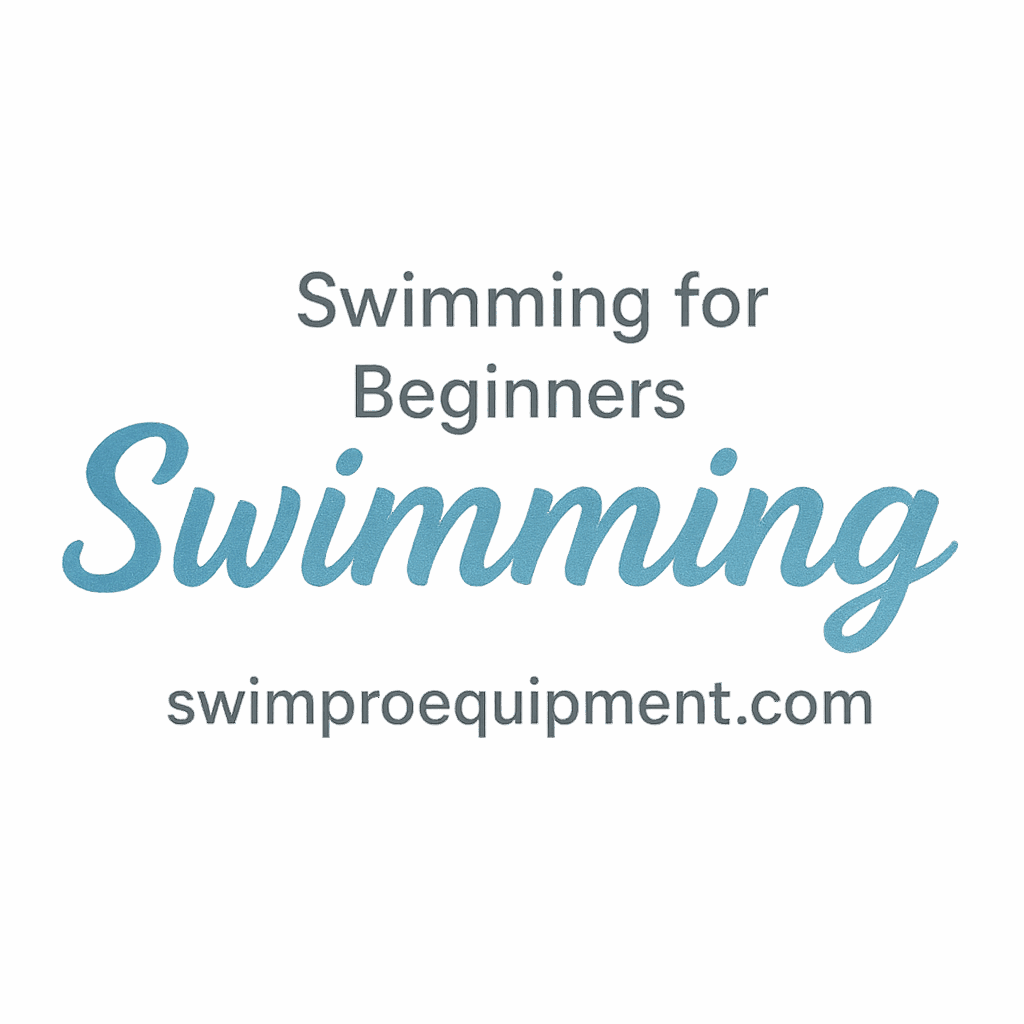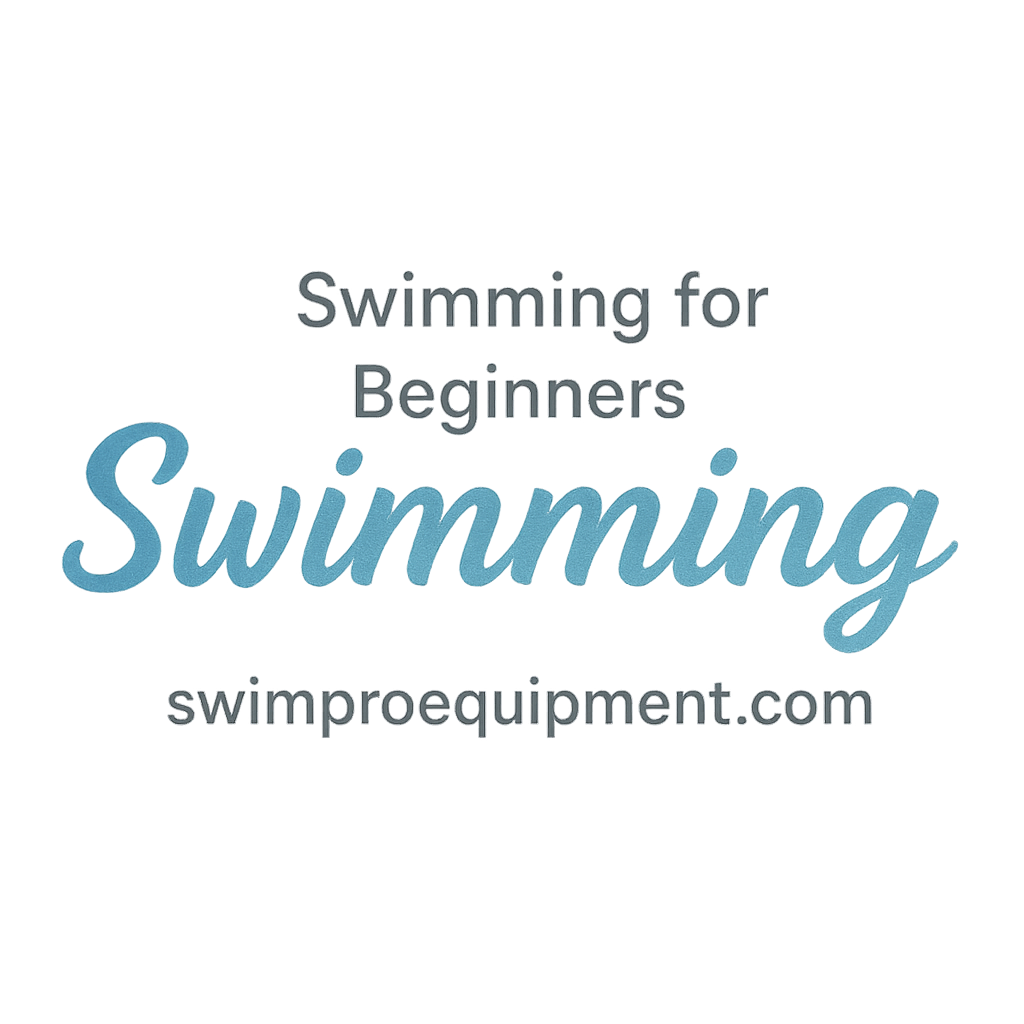Introduction: Why Swimming Gear Matters for Beginners
When you’re just starting your swimming journey, the right gear can make a world of difference. Whether you’re hitting the pool for exercise, learning the basics, or just swimming for fun, proper equipment helps ensure a more comfortable, effective, and safe experience. In this guide, we’ll explore 10 essential swimming gear items for beginners that can help you improve your swimming technique, stay safe, and have more fun in the water.
Understanding the Importance of Quality Gear
It’s easy to overlook the significance of having the right swimming gear. But trust me, having high-quality gear can make swimming feel a lot less like a chore and more like a fun, rewarding activity. From protecting your skin and hair to enhancing your performance, each piece of equipment plays a key role in your overall swimming experience.
1. Swimwear: More Than Just a Bathing Suit
First on the list is the most basic of all swimming gear: swimwear. But don’t be fooled—picking the right swimsuit is crucial for comfort, durability, and overall performance in the water.
Choosing the Right Swimwear for Comfort and Durability
When selecting swimwear, comfort is paramount. You’ll want something that fits snugly but isn’t restrictive, allowing you to move freely. Durable materials like Lycra or Spandex are ideal, as they hold up well to chlorine exposure. For those just starting, you may also want to choose a swimsuit that provides adequate coverage to avoid any discomfort.
Types of Swimwear for Beginners
For beginners, options such as one-piece swimsuits, swim trunks, or swim shorts are great. They offer support and coverage while allowing freedom of movement. Check out some recommendations for the best beginner swimwear at SwimPro Equipment.
2. Swim Caps: Protecting Your Hair and Enhancing Your Performance
A swim cap is not just for professional swimmers; it’s a great essential for beginners too. Whether you have long hair or short, swim caps keep hair out of your face and minimize drag in the water.
Benefits of Wearing a Swim Cap
Apart from keeping hair out of your face, swim caps also help protect your hair from chlorine damage. They help maintain the health of your hair and keep it from getting overly dry or discolored due to constant exposure to pool chemicals.
Choosing the Best Swim Cap for Your Needs
Swim caps come in various materials such as silicone, latex, and neoprene. Silicone caps are more durable and comfortable, making them ideal for beginners. Latex is more affordable but may be less comfortable, especially if you have longer hair.
3. Goggles: Clarity Underwater
You’ve probably heard the saying, “you can’t swim properly if you can’t see.” That’s why goggles are an essential piece of swimming gear.
Why You Need Goggles for Swimming
Goggles protect your eyes from chlorine and other pool chemicals, while also helping you see clearly underwater. This is important not just for safety but also for improving your swimming technique.
Factors to Consider When Buying Goggles
When choosing goggles, comfort is key. Look for adjustable straps, cushioned seals to prevent leaks, and lenses that provide clear visibility without fogging up. For those looking for added protection, you can find goggles with UV protection, perfect for outdoor swimming.

4. Kickboard: Building Strength and Technique
A kickboard is a fantastic tool for beginners to improve leg strength, balance, and swimming technique.
How Kickboards Help Beginners Improve Swimming
Kickboards isolate the lower body, allowing you to focus purely on your kick technique. This is great for strengthening your legs and improving your ability to float properly in the water.
Choosing the Right Kickboard for Your Skill Level
Look for a kickboard that is buoyant yet not too rigid. You want something that helps you stay afloat without being overly bulky. Adjustable kickboards can also cater to swimmers at different levels.
5. Swimming Fins: Power and Speed in the Water
Swimming fins are a great way for beginners to learn proper leg movement, improve speed, and build strength in the legs.
The Role of Fins in Swimming Training
Fins help you maintain speed and improve stroke mechanics. They can be particularly useful in learning proper kick timing and gaining better control over your strokes.
Selecting the Right Fins for Beginners
When picking fins, opt for shorter fins that provide propulsion but don’t overwhelm you with speed. This will allow you to focus on technique while still gaining the benefits of fin training.
6. Pool Buoy: Stabilizing Your Body Position
A pool buoy is another essential tool that helps you improve your body position and core strength in the water.
How a Pool Buoy Improves Technique
By placing the pool buoy between your thighs, you’re forced to engage your core and maintain proper alignment, making it easier to develop good swimming habits.
Choosing the Right Pool Buoy for Beginners
Look for a pool buoy that provides enough buoyancy to keep you stable without interfering with your stroke. It’s essential that it’s not too large or too small for your body.
7. Ear Plugs: Protecting Your Ears During Swim
Protect your ears from water and potential infections with earplugs. Swimmers are particularly vulnerable to ear infections due to constant water exposure, making earplugs a must-have.
Why Ear Plugs Are Essential for Swimmers
Earplugs keep water from entering the ear canal, reducing the risk of swimmer’s ear and other water-related infections.
How to Select the Best Ear Plugs for Swimming
Opt for soft silicone earplugs that create a secure seal without being uncomfortable. Look for earplugs that are specifically designed for swimming to ensure they stay in place.
8. Swim Gloves: Building Arm Strength and Technique
Swim gloves are designed to enhance your stroke by increasing the surface area of your hands in the water.
How Swim Gloves Enhance Your Stroke
Swim gloves provide resistance in the water, helping you build arm strength and improve your stroke technique.
When to Use Swim Gloves and Why
Use swim gloves during endurance training or when focusing on improving your stroke technique. Beginners will benefit from using gloves during structured workouts.
9. Waterproof Stopwatch: Tracking Your Progress
For those serious about tracking their improvement, a waterproof stopwatch is an essential tool for monitoring lap times, intervals, and overall progress.
Why Time Matters for Beginner Swimmers
Having a waterproof stopwatch allows you to track your training progress, making it easier to set goals and measure your improvements.
How to Choose the Best Waterproof Stopwatch for You
Look for a stopwatch with large, easy-to-read displays and a water-resistant design to ensure it stands up to the rigors of swimming.
10. Swimming Bag: Keeping Your Gear Organized and Safe
Finally, a good swimming bag helps keep all your gear organized and dry.
The Importance of a Quality Swim Bag
A dedicated swim bag keeps your wet gear separate from your dry clothes and has compartments for your various swimming essentials.
What to Look for in a Swimming Bag
Look for a bag with compartments for wet and dry items, plus enough space to hold all your gear, including your towel, water bottle, and swimwear. Check out the best swim bags at SwimPro Equipment.
Conclusion: Make Your Swim Journey Comfortable and Effective
Starting out in swimming can be intimidating, but the right gear makes the journey much smoother. From swimwear to swim bags, each piece of equipment serves an important purpose in improving your experience, boosting your performance, and keeping you safe in the water.
FAQs
1. Can I swim without all the recommended gear?
While you can technically swim without the full set of gear, the right equipment can make a big difference in comfort, safety, and technique, especially for beginners.
2. How can I maintain my swimming gear for longevity?
Regularly rinse your gear with clean water to remove chlorine or salt, and dry everything thoroughly before storing it.
3. Are swim caps necessary for beginners?
While not strictly necessary, swim caps help protect your hair and improve your performance in the water by reducing drag.
4. Do swimming fins help improve speed?
Yes, fins help increase your speed while also allowing you to focus on improving your technique, especially for your kick.
5. Can I use regular ear plugs for swimming?
It’s best to use earplugs specifically designed for swimming, as they provide a better seal and stay in place longer.
6. How do I choose the right swimsuit?
Look for a swimsuit made from durable, chlorine-resistant material that provides comfort, support, and freedom of movement.
7. Can I swim without a stopwatch?
You can swim without a stopwatch, but if you’re serious about tracking your progress and setting goals, it’s a helpful tool to have.


